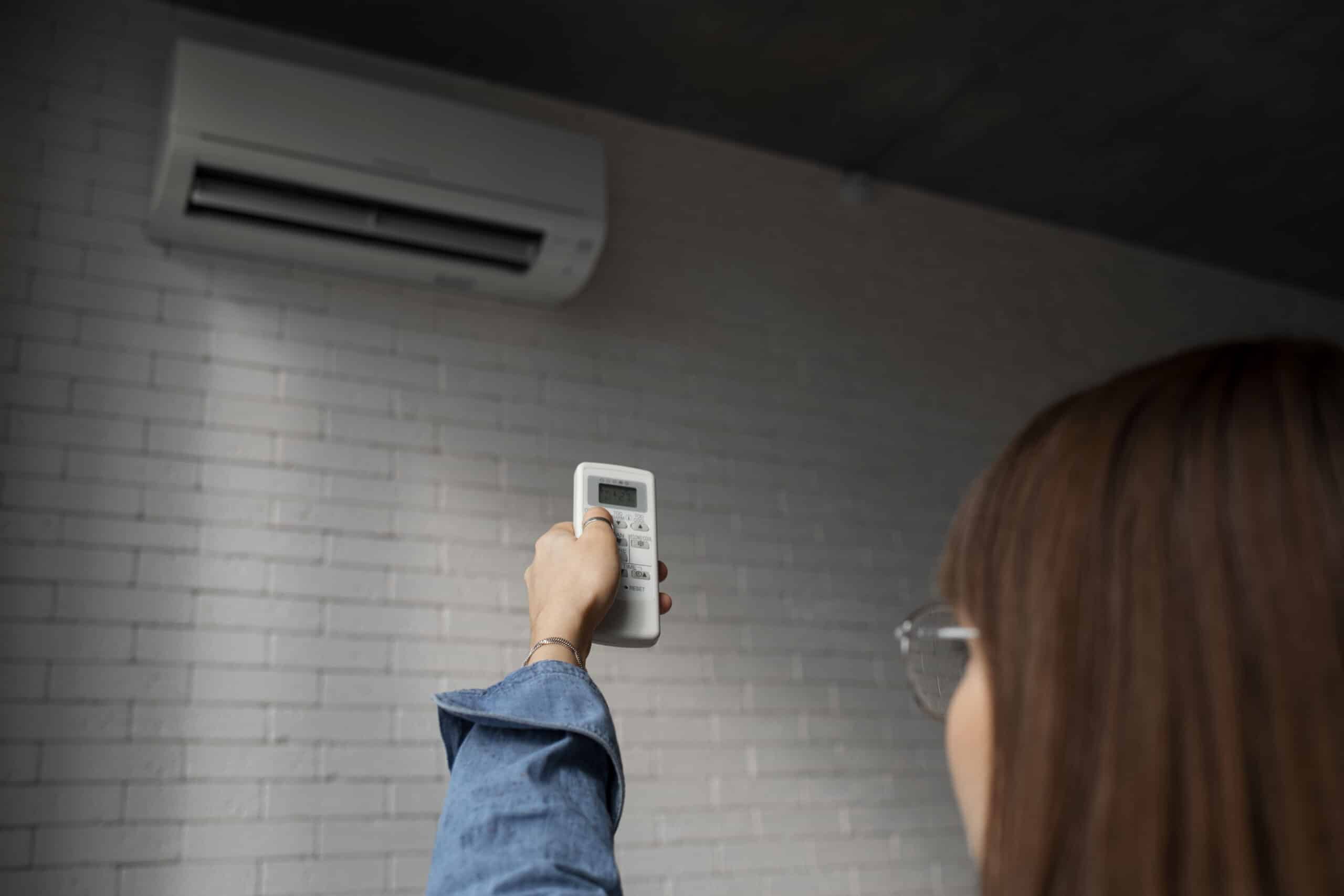Just How to Pick the Right A/c System for Your Demands
Picking the proper a/c system is a critical choice that calls for mindful factor to consider of various factors. Begin by assessing your home's size, layout, and distinct requirements, as these components determine the required capacity and arrangement of the system. In addition, establishing a budget that incorporates installment and long-lasting operational prices is vital. As you weigh your alternatives, comprehending energy performance scores and the implications of your regional climate will certainly play a substantial function in your choice. Nonetheless, the myriad of system types available can complicate this procedure, leading one to question which course eventually leads to ideal comfort and effectiveness.
Assess Your Home Size
Assessing your home size is an essential first step in selecting the appropriate Heating and cooling system. A Heating and cooling system that is as well little will have a hard time to preserve comfortable temperatures, leading to increased energy intake and use on the device.
To properly examine your home size, determine the square footage of each room, considering variables such as ceiling elevation and the design. Furthermore, think about the insulation quality and the variety of home windows, as these aspects impact thermal performance. Residences with open layout may call for various system setups compared to those with several separated areas.
Utilizing the Manual J lots computation method can provide an extra exact estimate of your HVAC requires. This method make up different factors, consisting of regional environment, solar gain, and tenancy patterns. By thoroughly reviewing these facets, you can make sure that your picked HVAC system is appropriately sized, causing boosted convenience, power performance, and durability of the devices.
Determine Your Budget Plan
Determining your spending plan is a critical action in the heating and cooling system selection process, as it establishes the parameters for your alternatives - DMAKS HVAC. A heating and cooling system is a substantial investment, and recognizing your financial limitations will assist limit choices that fit within your ways
Begin by examining not just the initial acquisition rate but likewise installment costs, which can differ significantly depending upon the intricacy of the task. Think about recurring expenditures such as maintenance, repair work, and power intake. A system might appear budget friendly initially but can cause greater prices with time if it is less efficient.
It is recommended to designate a backup fund for unanticipated expenditures that might emerge throughout installation or initial system adjustments (DMAKS HVAC). Additionally, check out financing choices or refunds that might be offered, as these can alleviate the worry of ahead of time prices
Ultimately, having a clear spending plan enables you to engage with cooling and heating experts better, guaranteeing you receive customized guidance that straightens with your monetary goals and home requirements. By being diligent concerning your budget, you can make enlightened decisions that boost comfort without endangering monetary security.
Evaluate Energy Performance
Energy performance plays an important duty in the overall efficiency and cost-effectiveness of your HVAC system. When choosing a system, it is important to consider its power efficiency scores, as these numbers directly affect your energy expenses and ecological footprint. Search for systems with a high Seasonal Energy Efficiency Proportion (SEER) for cooling and a high Annual Gas Usage Performance (AFUE) rating for heating. Higher rankings indicate greater effectiveness, suggesting more comfort for much less power consumption.
In addition, think about the Power Celebrity certification, which signifies that the system satisfies rigid performance standards established by the Epa. Purchasing an Energy Star-rated see this heating and cooling system can cause considerable cost savings gradually, specifically in locations with severe temperature level changes.
One more aspect to examine is the system's size and capability. A large or undersized unit can lead to inefficiency and increased power prices. DMAKS HVAC. Correct sizing, usually established via a Hand-operated J tons computation, guarantees that the system operates at optimal performance


Think About Environment and Setting
When picking a HVAC system, it is important to take into consideration the neighborhood environment and ecological problems, as these variables significantly influence the system's performance and efficiency. Different regions experience varying temperature extremes, humidity levels, and seasonal changes, all of which impact heating and cooling demands.

Furthermore, neighborhood environmental variables, such as air quality and prospective allergens, must educate your selection. Solutions outfitted with sophisticated filtering innovations can help alleviate pollutants and supply cleaner air. Additionally, consider the power sources readily available in your area-- some cooling and heating systems are a lot more efficient when powered by gas or renewable resource resources.
Eventually, aligning your cooling and heating system option with your neighborhood climate check out here and ecological factors to consider will cause boosted comfort, improved effectiveness, and reduced energy costs.
Explore System Types and Functions
As home owners seek to enhance convenience and performance, discovering the numerous kinds of heating and cooling systems and their one-of-a-kind functions ends up being necessary. The key sorts of heating and cooling systems consist of central air, heatpump, ductless mini-split systems, and furnaces. Each system uses distinct advantages tailored to different demands and preferences.
Central air systems provide uniform cooling throughout a home, making them suitable for larger areas. Warm pumps work as both heating and cooling down remedies, using electrical power to move heat, which can lead to lower energy expenses. Ductless mini-split systems are ending up being progressively prominent because of their versatility and convenience of installation, permitting home owners to control the temperature in individual spaces without considerable ductwork.

Verdict
In final thought, selecting the suitable a/c system necessitates cautious factor to consider of numerous elements, including home dimension, budget constraints, power performance, regional environment, and offered system kinds. A detailed assessment of these components makes certain optimal convenience and cost-effectiveness. By following a structured strategy, homeowners can make enlightened choices that straighten with their details needs and preferences, ultimately resulting in site web boosted interior air quality and power financial savings.